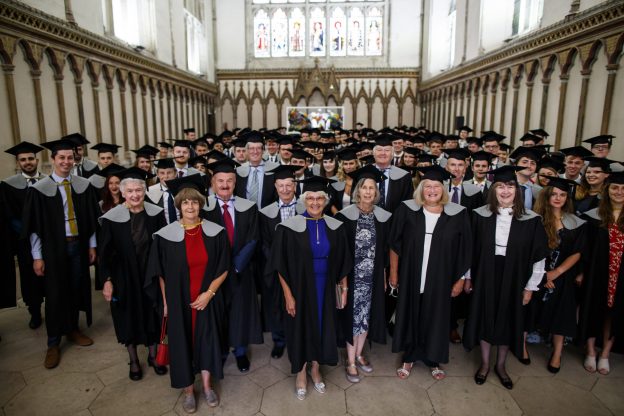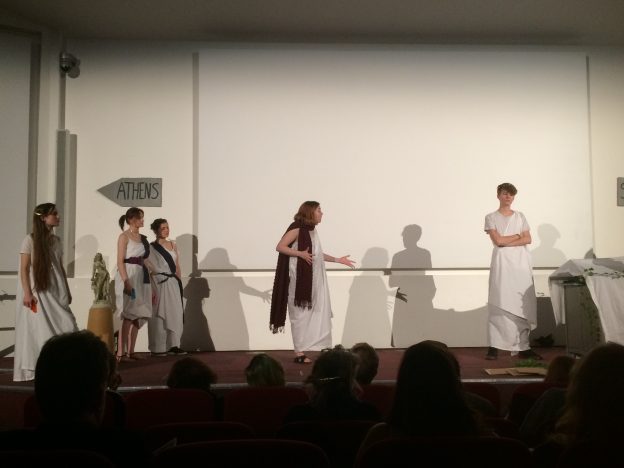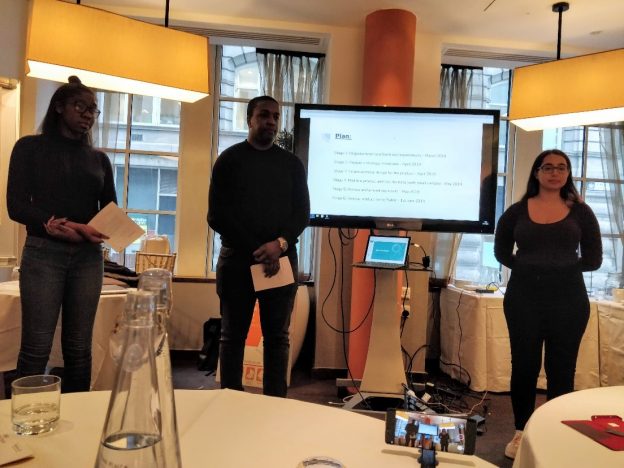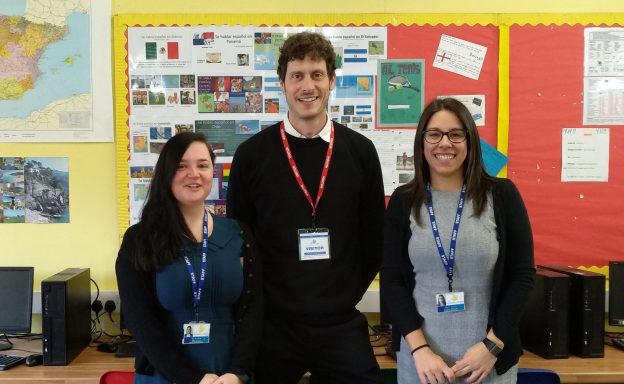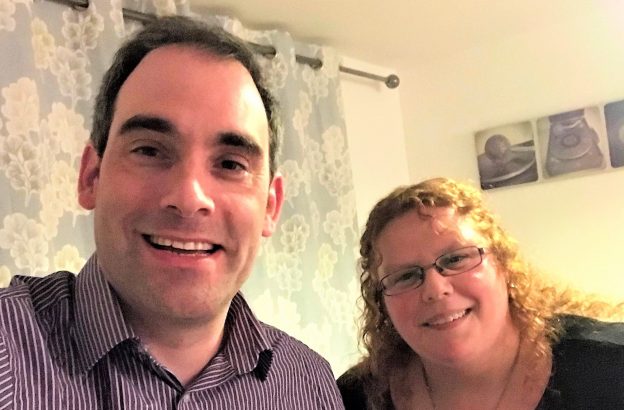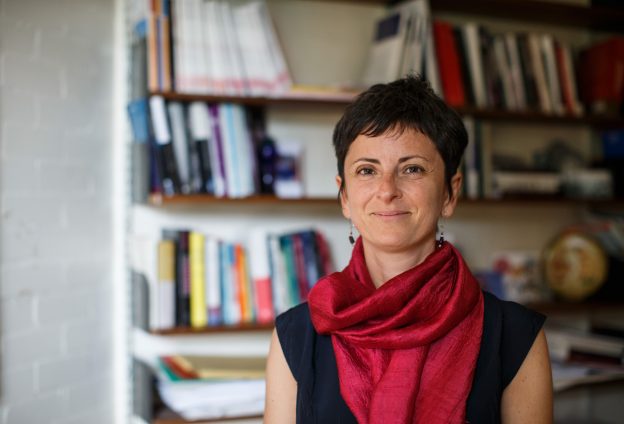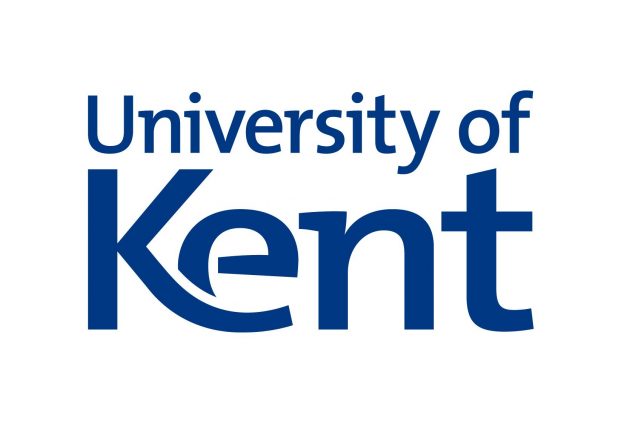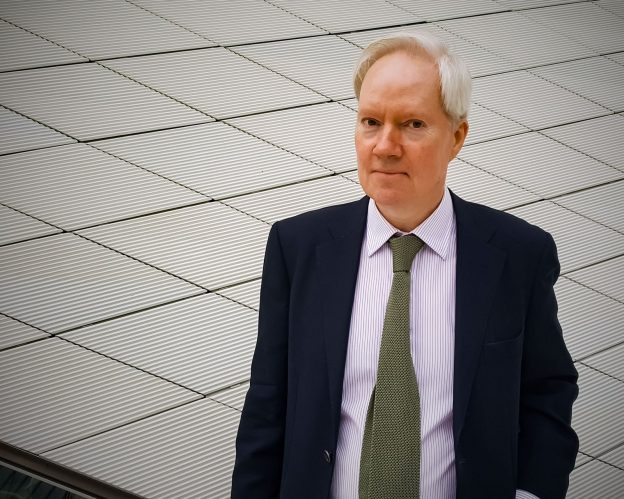Professor Nicola Shaughnessey, Professor of Performance in the Department of Drama and Theatre and Dr Dieter Declercq, Assistant Lecturer in Film and Media Studies, along with Dr Chiao-I Tseng from the University of Bremen, are organising an international conference entitled ‘Pro-Social Play! Storytelling and Well-being across Media Borders’. The conference will be hosted by the School of Arts from Thursday 17 October to Saturday 19 October 2019.
Plenary speakers include Charles Forceville (Media Studies, University of Amsterdam); Tobias Greitemeyer, Social Psychology (University of Innsbruck; Anja Laukötter, Max Planck Institute for Human Development, Berlin); and Harry Yi-Jui Wu, (Medical Ethics and Humanities, Hong Kong University).
The conference will also include a screening of Dark River (2017), followed by a round table discussion with Clio Barnard, the award-winning director and Reader in Film in the School of Arts, as well as workshops by artists at the arts charity People United on prosocial performances.
This truly interdisciplinary and international conference brings together scholars of empirical and theoretical research as well as practitioners working on narrative arts for promoting pro-social behaviours and mental well-being across different media. To date, the pro-social narratives have often been studied with a focus on testing people’s media exposure and pro-social effects. Nevertheless, as explicitly pointed out by most of these studies, we also need to investigate how the narrative factors are designed, structured and mobilised in a specific coherent way to effectively achieve the intended prosocial and mental health purposes. Hence, it is crucial to advance the theoretical link between the design choice of narrative, media technological features for engaging people in difficult topics and their pro-social response. Establishing the link is precisely the main objective of this conference. This includes, but is not limited to, the following topics:
- Narrative factors for evoking people’s empathy, achieving educational purposes
- Link between prosocial behaviour and mental health
- Storytelling, practical application and mental health
- Narrative medicine
- Technology features of different media platforms that afford, strengthen or constrain the pro-social, persuasive functions of narratives
- Impact of social cultural conventions on different narrative designs
- Historical perspectives of pro-social storytelling
- Transmedia comparison of pro-social messages, for instance, across film, TV, comics, video games, games, literature, etc.
- Pro-social storytelling in social media
- Pro-social storytelling through live performances and live interaction
- Balance between emotional engagement and message credibilities
- Empirical evidence of pro-social, persuasive functions in storytelling across media
- Pro-social narrative designs for children and adolescents
Submissions may take the form of research papers on these themes, or workshops by artists, designers, health professionals and other practitioners working on pro-sociality and storytelling.
Please send abstracts of 300 words max. along with a short biography of 100 words max. in PDF or Word format to mail@prosocial-narrative.org by Sunday 30 June 2019.
For more details about the conference, please visit their website
